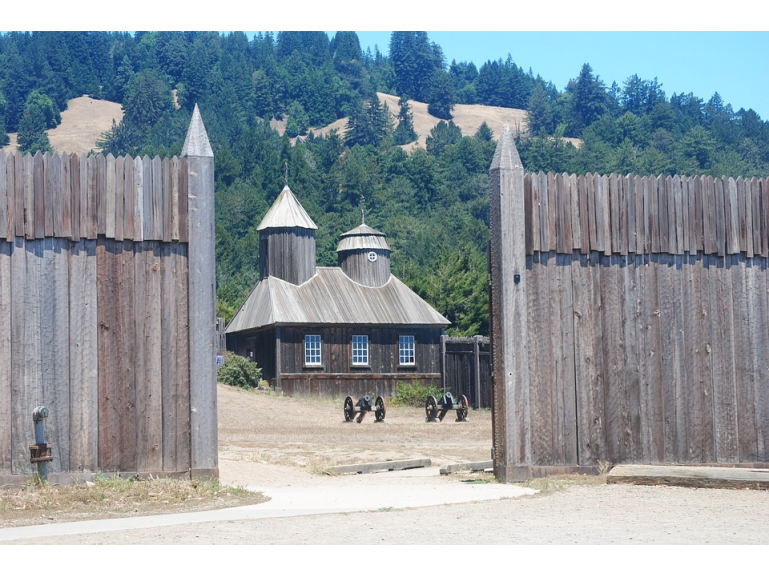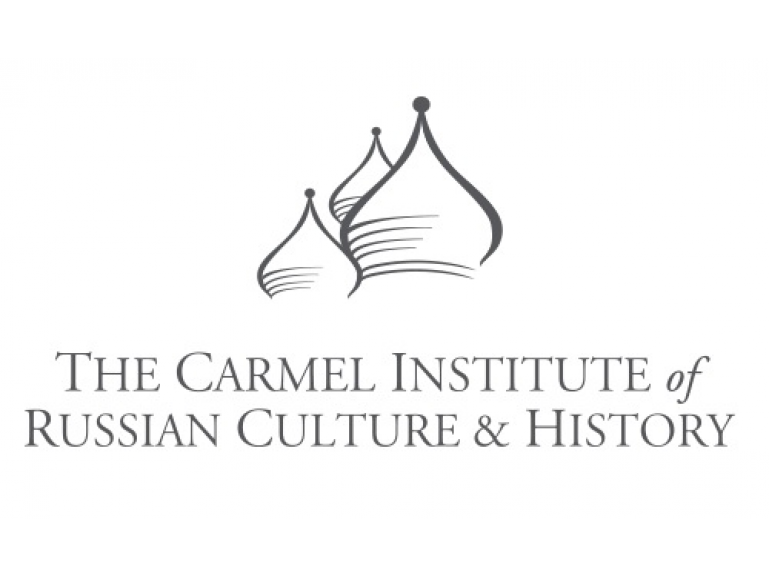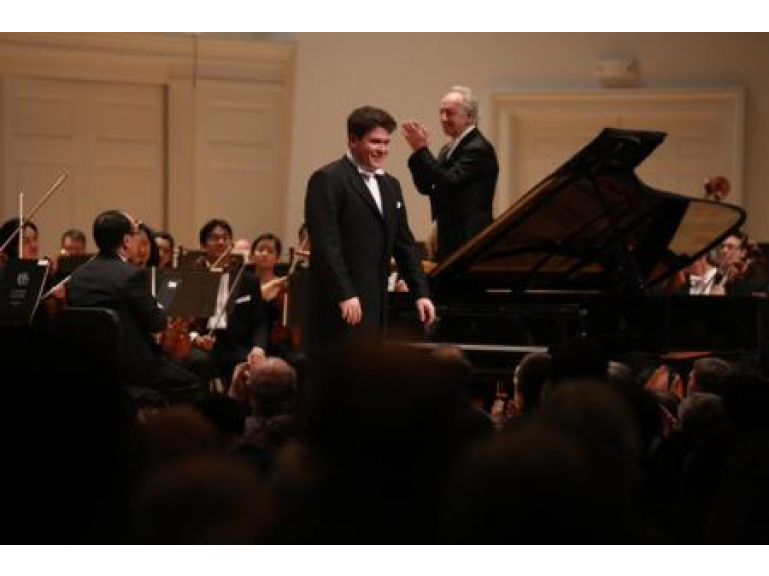Although Russian-American relations in general have seen huge degradation during the past years which was not initiated by Russia, with our bilateral contacts shut down by the U.S. side in many areas, culture remains one of the few spheres where constructive cooperation is still possible. We are confident that maintaining and developing relations in this domain is vital for improving mutual understanding and trust between nations, and is a keystone for building a dialogue on other issues. We believe it’s important to develop bilateral interaction in such spheres as music and theatre, modern art and cultural heritage, education and science, history and literature, folk traditions and customs of our countries.
Overcrowded performance halls hosting Russia’s leading theatres, such as the Bolshoi and the Mariinsky, of world-famous classical music and jazz stars – Vladimir Spivakov, Denis Matsuev, Anna Netrebko, Igor Butman and many others speak volumes of their popularity in America. Moreover, the American classical stage is now home to a large number of dancers and singers of Russian origin. For instance, the traditions of the American ballet have been established by Russian choreographers and dancers.
The Embassy of the Russian Federation in the USA within the bounds of its capacities supports and organizes various cultural events. The Embassy’s cinema club is a venue for regular screenings of Russian movies, which always appeal to the interest of English-speaking audience.
We work to facilitate scientific and educational cooperation between Russian and American universities and institutions, to promote state-sponsored and private student exchanges. We appreciate the contribution to these activities made by the Carmel Institute of Russian Culture and History that provides extensive educational programs in these areas which also include academic exchanges with a number of Russian institutions.
The Russian Cultural Center (RCC) with a residence in a historical building in Washington, D.C., serves one of the major sites for holding different cultural and public events. Its main goals include familiarizing local audience with the history and culture of Russia’s peoples, supporting teaching and studying of the Russian language, and sponsoring science, education, sports and tourism activities. For these purposes the RCC organizes a great number of events, which promote better understanding and stronger friendship ties between our nations.
The RCC is an official exam center for Russian Language Proficiency Testing. Free Government scholarships in Russia for U.S. students are offered by the RCC on a regular basis. It has strong ties with a number of U.S.-Russia organizations, as well as with universities, museums and other cultural institutions both in the USA and Russia.
An important goal of the RCC’s work is developing cooperation with the Russian compatriots living in the USA by supporting various projects aimed at maintaining their cultural and ethnic identity and their connection with Russia.
We are particularly devoted to the preservation of the Russian-American historical and cultural heritage, a lot of which dates back to hundreds of years, and we appreciate the assistance of Russian compatriots in this area. In 2017 a relevant Interagency Group was formed under the auspices of the Russian Foreign Ministry (link) uniting not just representatives of the federal ministries and agencies, but also members of scientific and academic community, business and public organizations who care about the well-being of these sites. In this context the Russian-American initiative “Fort Ross” plays an important role having already become an independent project aimed at maintaining close historical ties between the two peoples regardless of any temporary peculiarities of the political climate. Another round of the conference took place for the first time in Russia (Pskov and Izborsk, the latter being a sister-fortress to Fort Ross) in May, 2017.
However, the revival of Russia’s activity in museum and exhibition exchanges with the USA is still hindered by the absence of reliable legal guarantees from the U.S. side that cultural objects coming from Russian public collections will be immune from any action by the U.S. authorities. This situation is primarily related to unlawful claims by a New York - based religious organization “Agudas Chassidei Chabad” regarding the collection of Rabbi Shneerson, which poses a real threat of seizure of Russian objects of cultural significance if brought to the USA.




